Powerfully blonde: how Reese Witherspoon built a $900 million business empire
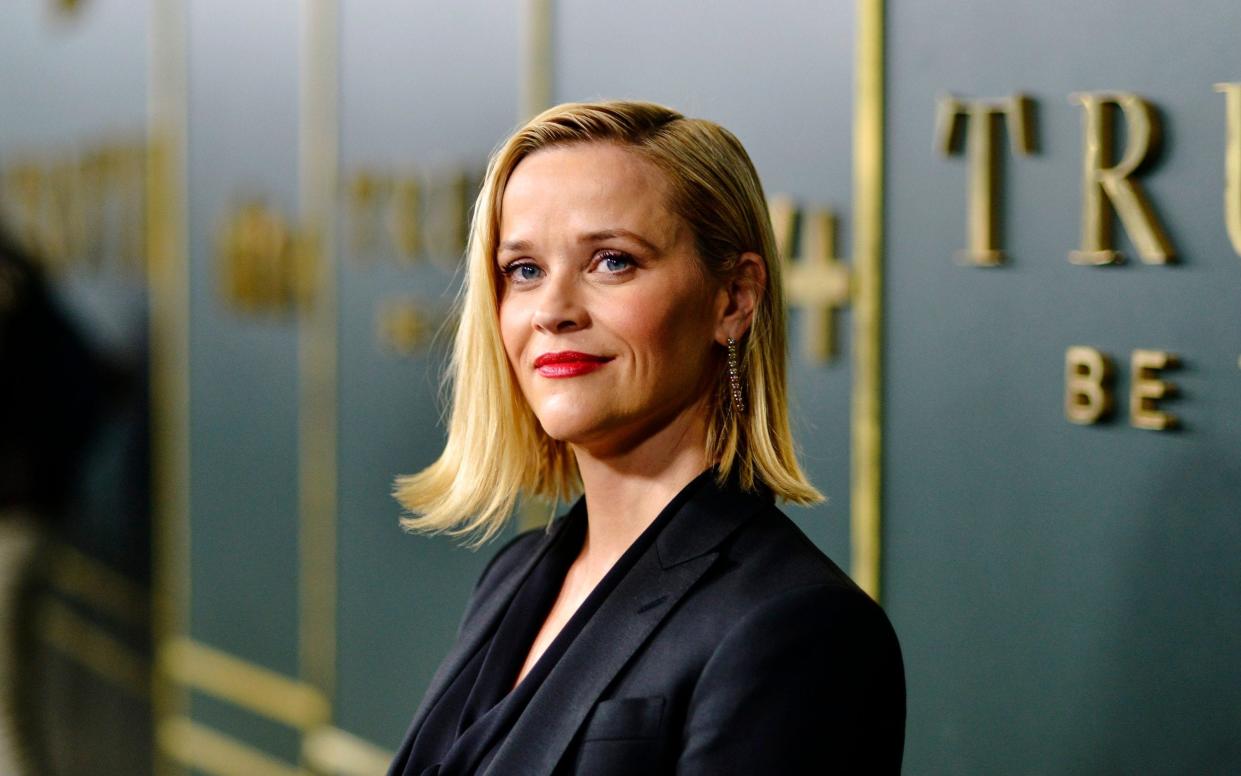
Reese Witherspoon – Oscar-winning actor, fiction mega-influencer, and the brains behind a highly specific and wildly successful type of prestige TV drama that has dominated the small-screen for the past half a decade – has just sold her production company Hello Sunshine to investment giant Blackstone for $900 million.
The deal, an early move in Blackstone’s strategy to shift into the Netflix/Amazon/Apple arena under its expanding media arm Sunset Studios, leaves Witherspoon with a stake of at least 18 per cent, a seat on the board, and a personal profit, according to Forbes, of $400m. She is now the richest actress in the world. As Elle Woods might say: What? Like, it’s hard?
Some might wonder why someone once best known for films that hinged on plot points like having to choose between a baseball player and Paul Rudd should be valued at a quarter of the amount Disney paid for Star Wars. The answer is that Witherspoon has proven herself one of Hollywood’s most bankable tastemakers.
Hello Sunshine has already produced a string of hits, including Big Little Lies, The Morning Show, and Little Fires Everywhere. Next up, there’s the Netflix series From Scratch, starring Zoe Saldana, Apple TV+’s The Last Thing He Told Me, starring Julia Roberts, and Where the Crawdads Sing. But more than any existing property, or any imminent project, Witherspoon is valuable to Blackstone for what she might produce in the future. She’s only just getting started.
It’s not every day that a child actress ascends to dizzying peaks of success and power. When it comes to fame that arrives early, we’re far more used to stories that end in exploitation, rebellion, and implosion. Not for Witherspoon. Raised a “definitive Southerner”, according to her own description, in Nashville, where she was a bookworm, a cheerleader, and “little Type A” to her parents, at the age of 15 she accidentally landed the lead – she had auditioned for a bit part – in The Man in the Moon, playing a Louisiana teen who falls in love with her next-door neighbour.
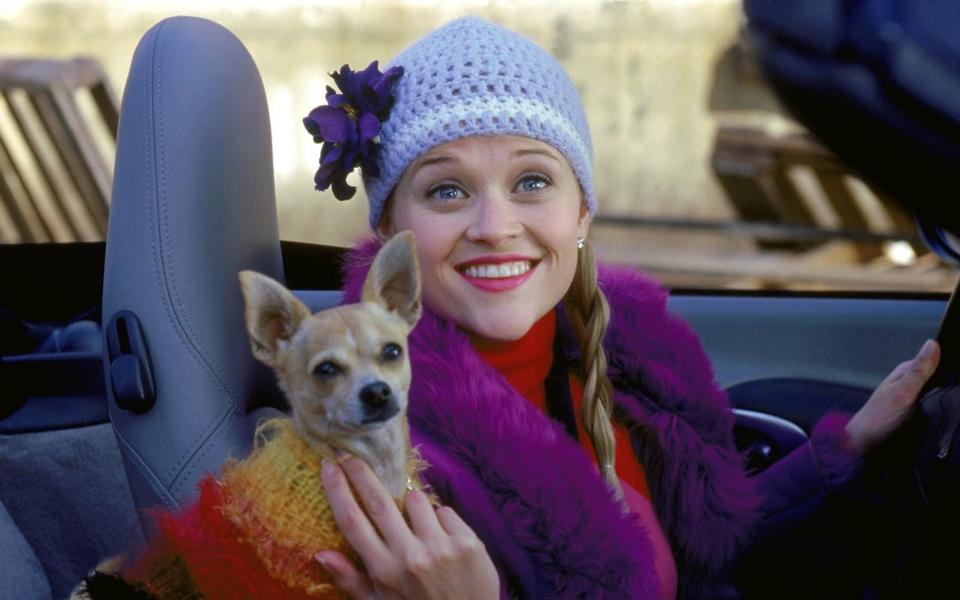
American film critic Roger Ebert wrote: “Her first kiss is one of the most perfect little scenes I’ve ever seen in a movie.” She was on the rise. A slew of cult Nineties hits – Fear, Freeway, Election, Cruel Intentions – turned into Noughties megawatt fame: 2001’s Legally Blonde made her a star; 2005’s Walk the Line won her an Oscar.
But it was Witherspoon’s response to the next, and much less successful phase of her career – a rash of mediocre romcoms in the late Noughties, followed by a 24-month hiatus from filmmaking (at the time, she had two children under 10, the first of whom was born when Witherspoon was 23), and then a bizarre charge for disorderly conduct after the car her husband, Jim Toth, was driving was stopped by police in 2013 – that proved an interesting swerve away from the conventional Hollywood rat race and set her course towards her present power status.
In 2000, she had set up her own production company, Type A Films, as the head of which she acted as one of the producers on Legally Blonde. But it wasn’t until 2014, two years after she merged her company with Australian producer Bruna Papandrea’s, to form Pacific Films, that she became the primary backer of a major project.
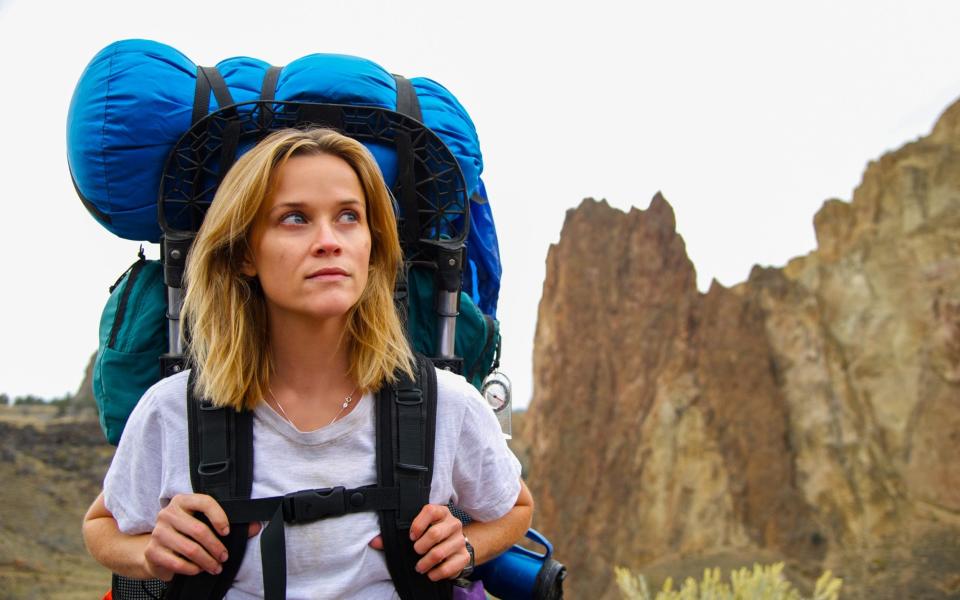
Her first choice reflected the company’s outspoken aim of championing projects created by and focussing on women: Wild, based on Cheryl Strayed’s bestselling memoir, and starring Witherspoon, is the story of a young woman dealing with grief, divorce and heroin addiction, who sets out alone to hike 1,100 miles of North America’s Pacific Crest Trail. She was nominated for her second Academy Award (Laura Dern, who portrayed her mother, was also nominated for Best Supporting). The same year, Pacific Films brought out the David Fincher-directed thriller Gone Girl, for which Rosamund Pike was nominated for Best Actress.
This meant that at the 2014 Oscars, Witherspoon was up against the star of one of her own films. It was the moment that she established herself not just as a serious actor again, but a producer with the uncanny knack of choosing books with the potential to become both critical and commercial on-screen hits. Gone Girl is Fincher’s most profitable film: it made $369 million on a budget of $61 million.
Part of her talent is in creating political pieces that actually make money. Her work is fueled by frustration at the film industry’s gender power imbalance – the corrosive effects of which were soon to be violently excavated by the MeToo movement. As far back as 2010, she was expressing frustration at the paucity of interesting parts for thirtysomething women.
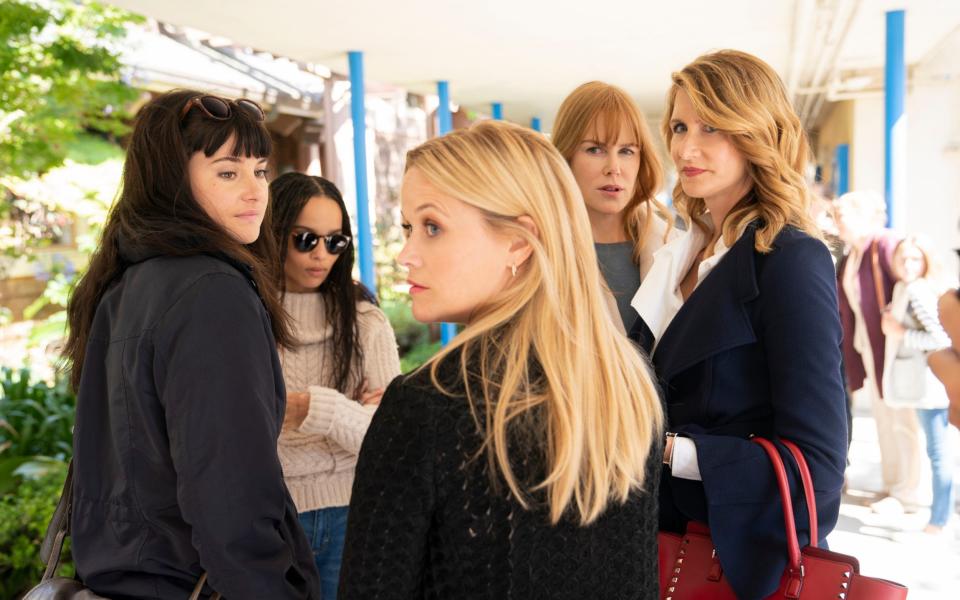
In 2012, she had a string of meetings with studio executives in which she asked one question: “What are you developing for female leads?” As she later told Variety, “I think it was literally one studio that had a project for a female lead over 30… I thought to myself, ‘I’ve got to get busy.’” Two years later, Wild and Gone Girl hit cinemas.
Her approach tapped into and perhaps helped direct the zeitgeist: as she continued to throw her support behind projects that put strong female characters in front of the camera, allegations began to draw a spotlight to the abuse of actresses by male filmmakers going on behind it.
In 2017, the two issues converged: during a speech reflecting on the problems faced by women in the film industry at the annual Elle Women in Hollywood event, Witherspoon said that she had been assaulted by a male director at the age of 16 (she did not name him) and pressured into silence by agents and producers. At the same event, Jennifer Lawrence described being made to take part in a naked line-up with other female actors early in her career. Two weeks earlier, Jodi Kantor and Megan Twohey’s investigation for the New York Times had revealed super producer Harvey Weinstein’s decades of assault.
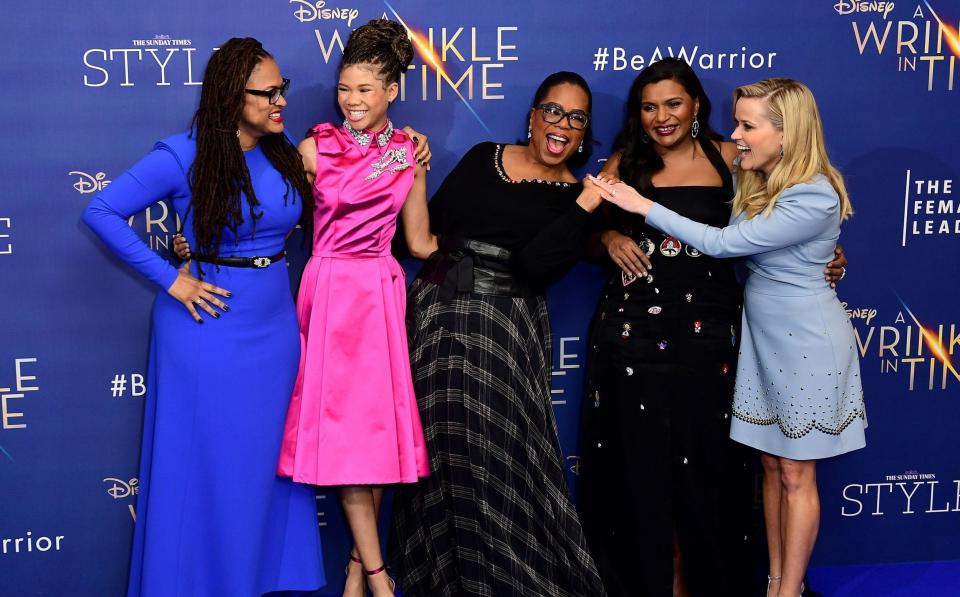
Over the next few years, Witherspoon’s work both behind and in front of camera became only more focussed on feminist issues – and more lucrative. In 2017, she brought out the HBO miniseries based on the bestselling thriller Big Little Lies, about a rarefied enclave of uber-wealthy Californian mothers plunged into a murder investigation. Witherspoon starred alongside a cast of Hollywood heavyweights including Nicole Kidman, Laura Dern, Shailene Woodley, Alexander Skarsg?rd, and Zoe Kravitz (for season two, they also brought on-board a little known actress called Meryl Streep).
The show was an immediate phenomenon: the first season was a ratings smash, and was nominated for 16 Emmys, of which it won eight. It also spawned a wave of knock-off dramas (all directed by Big Little Lies’ David E Kelley) including 2020’s The Undoing, Big Sky, and another Witherspoon special, Little Fires Everywhere (the latter two of which seemed to be converging on their predecessor in very title).
These shows’ debt to Big Little Lies was obvious both in subject matter (murder among the super rich) and aesthetic (super glossy filters, massive wine glasses). Like the originals, they were addictive, fast-paced, and took sly pleasure in the misery of the super rich – without ever being quite as good. They meant that Witherspoon had become the face of a cultural movement and a particular flavour of fun – but grown-up – TV drama.

“We look forward to backing Reese, Sarah [Harden, CEO], and their world-class team as they continue to produce and identify dynamic, engaging content for years to come,” Blackstone executives Kevin Mayer and Tom Staggs said in a statement. Essentially, they’re handing her a blank cheque, and why not? What Big Little Lies proved is that Witherspoon can pick the sort of hit that can dictate our TV tastes for years to come.
The evidence is there in Apple’s decision to pay her $1.2 million per episode for The Morning Show, her 2019 collaboration with Jennifer Aniston about a seasoned news anchor horrified to discover her male co-host has perpetrated decades of sexual abuse, based on the 2017 downfall of NBC’s beloved anchor Matt Lauer.
The show took a while to build steam: at first it got a mixed bag of reviews. But sure enough, the Witherspoon Midas touch came good – it ultimately bagged a slew of Emmys, became a word of mouth sleeper hit, and season two is due to land next month.

Witherspoon’s nous for creating female-centric hits is not confined to the screen. In 2017, she launched Reese’s Book Club as an off-shoot of the production business, which by this time had parted ways with Papandrea and became Hello Sunshine. The Club’s Instagram currently has 2.1 million followers, and 42 out of its 50 picks have made their way onto the New York Times Best Sellers list.
Where the Crawdads Sing, a debut novel by the unknown 70-year-old author Delia Owens, which it pulled out of midlist obscurity, has now sold over one and a half million copies, and Hello Sunshine’s big-screen adaptation, starring Normal People’s Daisy Edgar-Jones, is one of the most hotly anticipated properties of 2022. The Club is now generally considered a kingmaker of popular fiction (eat your heart out, Oprah).
With the mighty financial engine of Sunset Studios behind her, a parade of gripping, palatably-packaged feminist thrillers is sure to follow. Or perhaps she’ll swerve genre and make something entirely different – sci-fi? Romance? Animation? (The last is actually already confirmed: Hello Sunshine’s set up a children’s animation division 18 months ago.)
But as Blackstone clearly understands, it really doesn’t matter what she makes: her instincts have yet to let her down. We can only do as her Big Little Lies character would: kick back with a bucket-sized glass of Pinot and wait to see what the power-broker of modern Hollywood will do next.